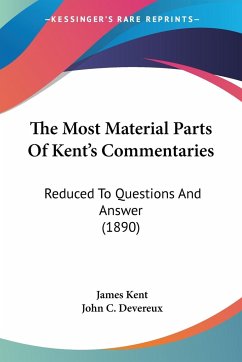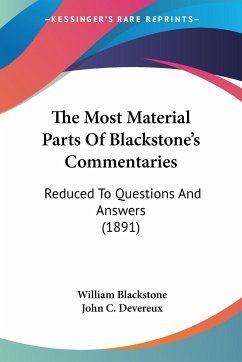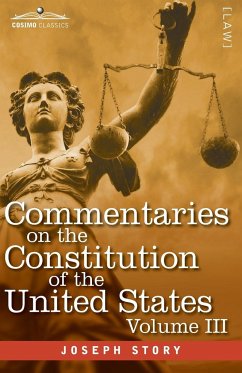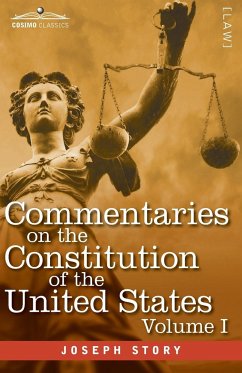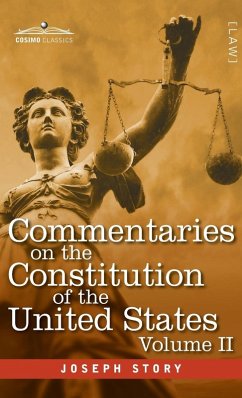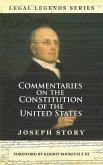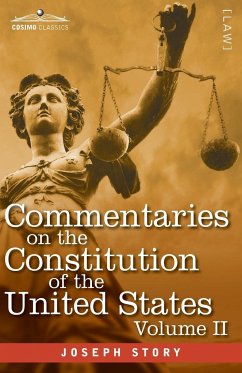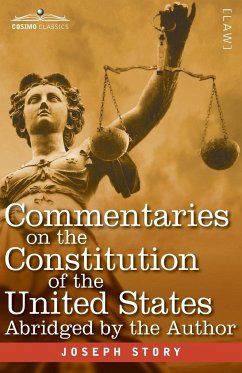Upon The Plan And In The Place Of Kinne's Kent.
The Most Material Parts of Kent's Commentaries: Reduced to Questions and Answer (1890) by James Kent is a legal text that summarizes the most important aspects of Kent's Commentaries on American Law. Kent's Commentaries are a renowned legal treatise that cover the principles of American law and its development. This book is organized in a question-and-answer format, making it an accessible and useful resource for students and practitioners of law. It covers a wide range of legal topics, including property law, contracts, torts, and criminal law. The book is an excellent reference for anyone seeking a concise and clear overview of the most important legal principles and concepts discussed in Kent's Commentaries.Upon The Plan And In The Place Of Kinne¿¿¿¿¿¿¿s Kent.This scarce antiquarian book is a facsimile reprint of the old original and may contain some imperfections such as library marks and notations. Because we believe this work is culturally important, we have made it available as part of our commitment for protecting, preserving, and promoting the world's literature in affordable, high quality, modern editions, that are true to their original work.
Hinweis: Dieser Artikel kann nur an eine deutsche Lieferadresse ausgeliefert werden.
The Most Material Parts of Kent's Commentaries: Reduced to Questions and Answer (1890) by James Kent is a legal text that summarizes the most important aspects of Kent's Commentaries on American Law. Kent's Commentaries are a renowned legal treatise that cover the principles of American law and its development. This book is organized in a question-and-answer format, making it an accessible and useful resource for students and practitioners of law. It covers a wide range of legal topics, including property law, contracts, torts, and criminal law. The book is an excellent reference for anyone seeking a concise and clear overview of the most important legal principles and concepts discussed in Kent's Commentaries.Upon The Plan And In The Place Of Kinne¿¿¿¿¿¿¿s Kent.This scarce antiquarian book is a facsimile reprint of the old original and may contain some imperfections such as library marks and notations. Because we believe this work is culturally important, we have made it available as part of our commitment for protecting, preserving, and promoting the world's literature in affordable, high quality, modern editions, that are true to their original work.
Hinweis: Dieser Artikel kann nur an eine deutsche Lieferadresse ausgeliefert werden.

